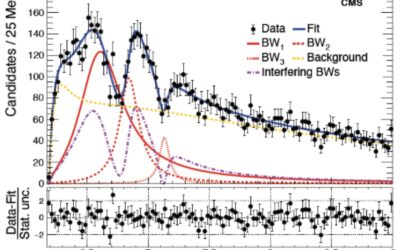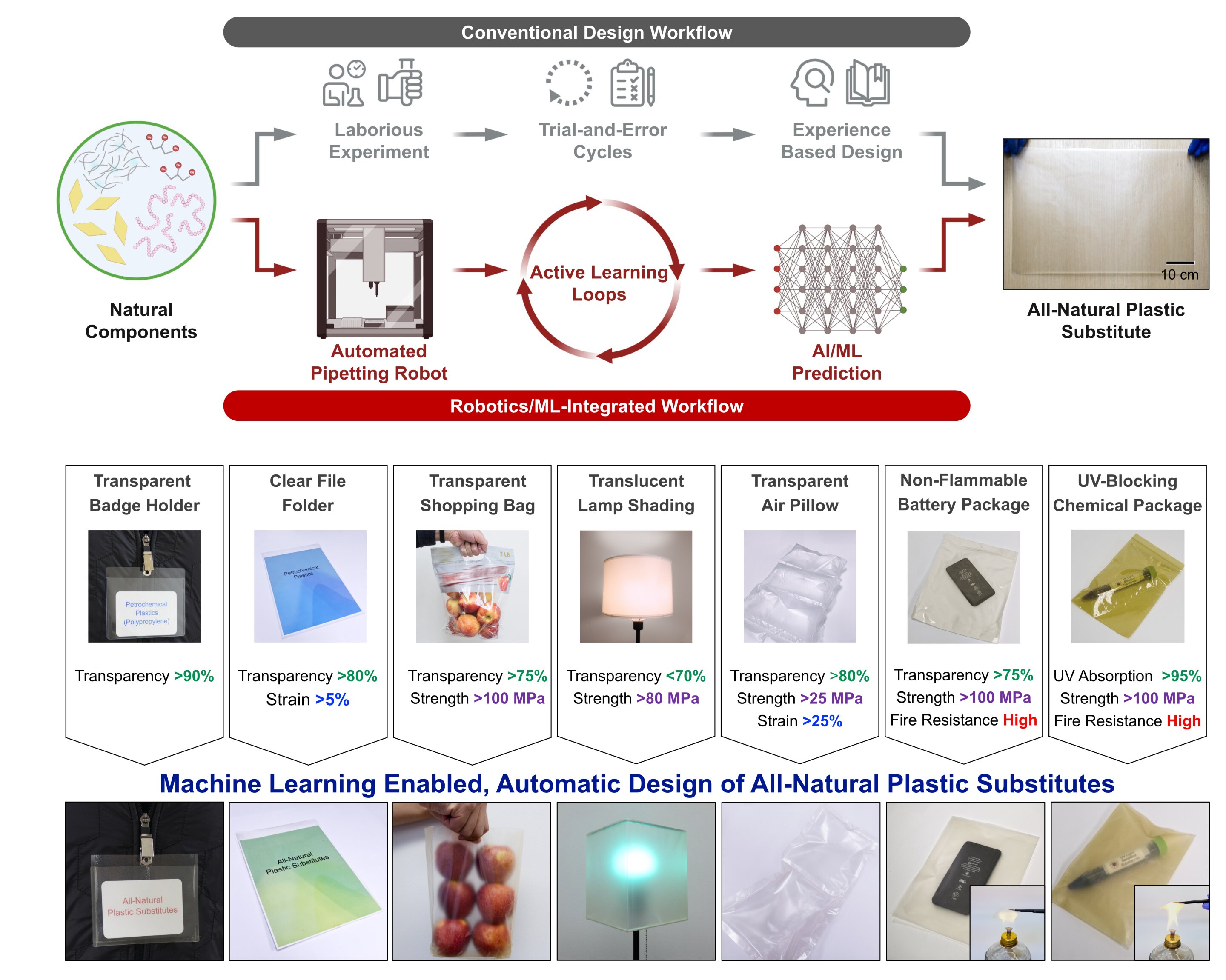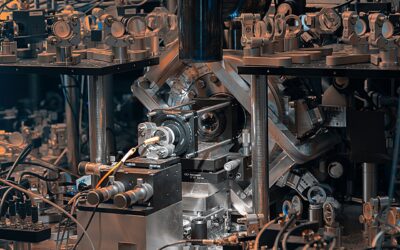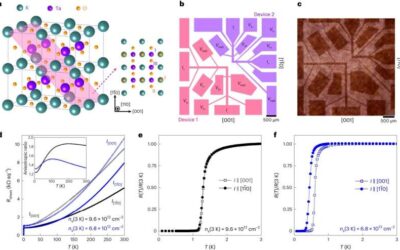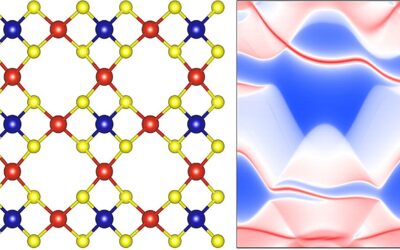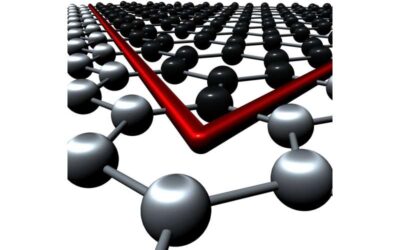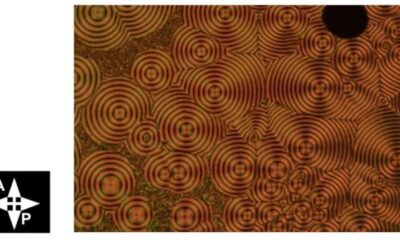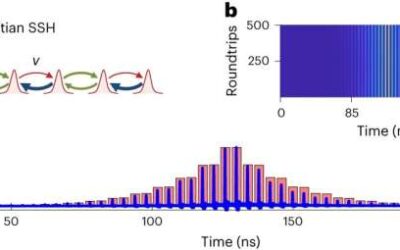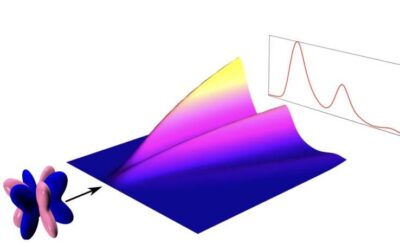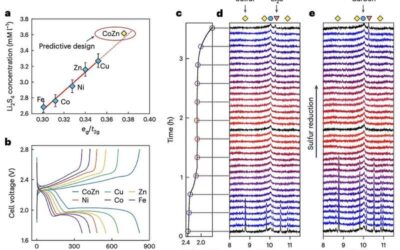For over a decade, the CMS Collaboration, a large team of researchers based at different institutes worldwide, has been analyzing data collected at the Compact Muon Solenoid, a general-purpose particle detector at CERN's Large Hadron Collider (LHC). This large-scale...
PHYS.ORG
A machine learning-based approach to discover nanocomposite films for biodegradable plastic alternatives
The accumulation of plastic waste in natural environments is of utmost concern, as it is contributing to the destruction of ecosystems and is causing harm to aquatic life. In recent years, material scientists have thus been trying to identify all-natural alternatives...
The experimental demonstration of a verifiable blind quantum computing protocol
Quantum computers, systems that process and store information leveraging quantum mechanical phenomena, could eventually outperform classical computers on numerous tasks. Among other things, these computers could allow researchers to tackle complex optimization...
The spontaneous emergence of 1D superconducting stripes at a 2D interface in an oxide heterostructure
Unconventional superconducting states are states of superconductivity rooted in physical processes that do not conform with the conventional theory of superconductivity, namely Bardeen, Cooper and Schrieffer (BCS) theory. These states are characterized by close...
Study unveils a new family of quantum anomalous Hall insulators
In recent years, physicists and material scientists have identified various new materials marked by interesting properties and quantum effects. These materials could prove highly valuable both as platforms to study quantum effects and for the development of new...
A method to compute the Rényi entanglement entropy in auxiliary-field quantum Monte Carlo simulations
Entanglement is a widely studied quantum physics phenomenon, in which two particles become linked in such a way that the state of one affects the state of another, irrespective of the distance between them. When studying systems comprised of several strongly...
Study unveils a spontaneous toroidal polar topology in the helielectric nematic state
Magnetic and electric dipoles, objects with two oppositely charged ends, have a similar symmetrical structure. One might thus assume that they exhibit similar internal structures and physical states.
Using mode-locked lasers to realize and study non-Hermitian topological physics
Mode-locked lasers are advanced lasers that produce very short pulses of light, with durations ranging from femtoseconds to picoseconds. These lasers are widely used to study ultrafast and nonlinear optical phenomena, but they have also proved useful for various...
Study outlines spectroscopic signatures of fractionalization in octupolar quantum spin ice
Quantum spin liquids are fascinating quantum systems that have recently attracted significant research attention. These systems are characterized by a strong competition between interactions, which prevents the establishment of a long-range magnetic order, such as...
An approach to design high-power lithium sulfur batteries
Lithium–sulfur (Li–S) batteries are a promising alternative to lithium–ion batteries (LiBs), the most common rechargeable battery technology. As sulfur is abundant on Earth, these batteries could be cheaper and more environmentally friendly than LiBs, while also...

